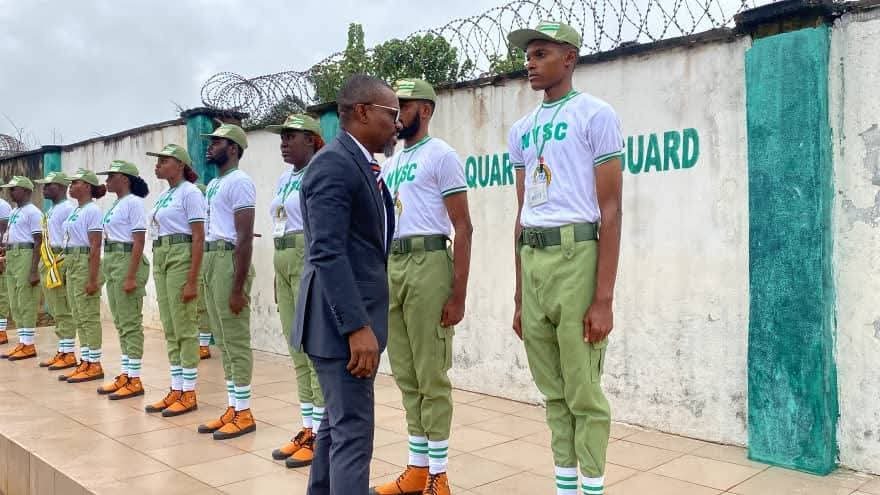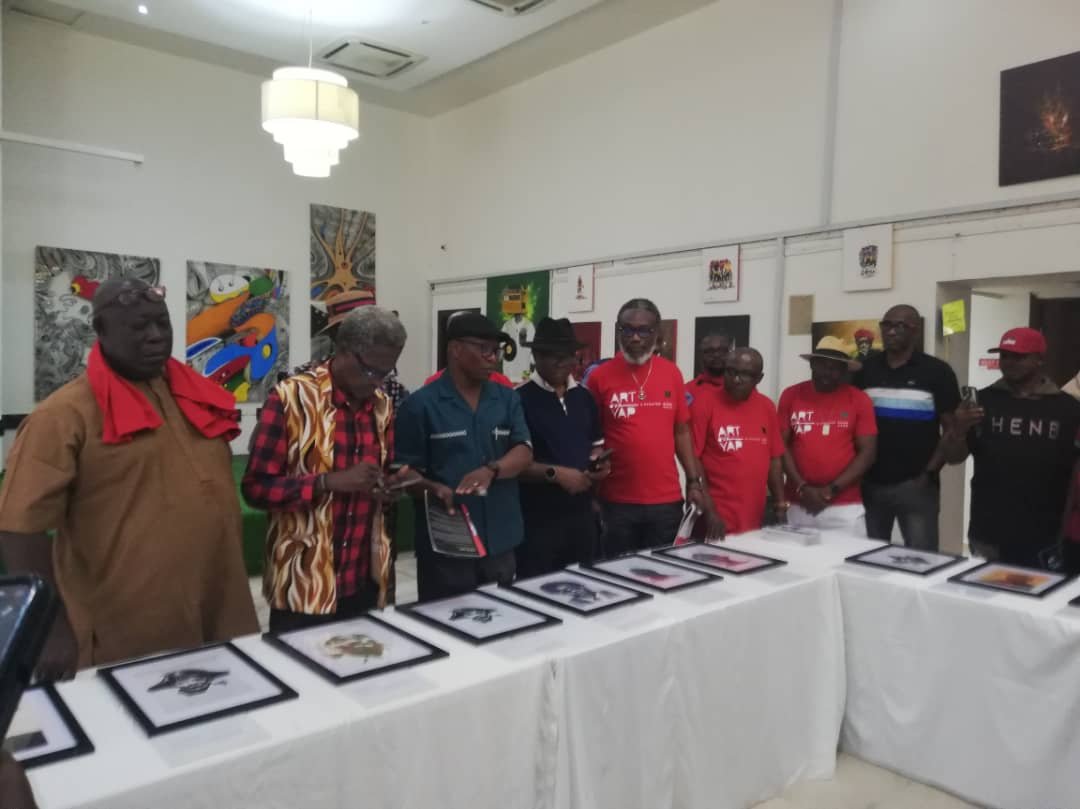The Director-General of the Department of State Services (DSS), Mr. Oluwatosin Ajayi, has called for a policy that would mandate the recruitment of first-class graduates into the agency, arguing that intelligence work requires the nation’s best minds to tackle complex security challenges.
Ajayi made the statement while delivering the 2025 Distinguished Personality Lecture at the Centre for Peace and Strategic Studies, University of Ilorin, Kwara State.
Speaking on the theme, “The Roles of the DSS in Security, Peacekeeping, and National Integration,” Ajayi, who was represented by DSS Deputy Director Mr. Patrick Ikenweiwe, stressed the need to overhaul recruitment processes in security agencies.
He proposed a model akin to Israel’s system, where high-achieving students are automatically channeled into key national roles.
“Like I know, in Israel, there is one examination that students take to get admitted into the university. The moment you score above 70 marks, you have no option but to be sent to the university there,” he said.
Ajayi further emphasized that intelligence work demands exceptional intellect to counter sophisticated criminal networks.
“Tell me, how would a ‘Dundee’ (dullard) be able to keep security in a criminal gang that is constituted of first-class people? You know, it takes intellect to track criminality,” he argued.
Read also: Actor IK Ogbonna voices concern, says mobile phones negatively affecting human relationships
He suggested that Nigerian universities should be responsible for identifying top-performing students for compulsory service in national intelligence.
“If I have my way in this country, and we keep praying that we do the right thing, the academia should be able to supply us, sincerely, the details of students who have excelled in their various fields of study so that they would be forced to serve this great nation,” he added.
The DSS DG also addressed the public’s perception of security agencies, noting that many Nigerians see them as adversaries rather than allies. He warned that this mindset hinders intelligence gathering, peacebuilding, and national integration.
He highlighted the evolving nature of security threats, stating that while traditional threats like sabotage, subversion, and espionage still exist, new challenges such as terrorism, insurgency, cybercrime, and economic sabotage require a highly skilled intelligence workforce.
Ikenweiwe reaffirmed the DSS’s commitment to tackling these threats through collaboration with other security agencies and ongoing engagement with stakeholders.
He also provided an overview of the DSS’s legal mandate, referencing the NSA Act CAP N74 LFN, 2024, and SSS Instrument No. 1 of 1999, which empower the agency to prevent, detect, and investigate threats to national security.
“The instrument also demands that the DSS gives timely advice to the government on all matters of national security interest. Most importantly, the Service is empowered by the aforementioned legal frameworks to execute other functions as may from time to time be assigned by Mr. President, the Commander-in-Chief of the Armed Forces,” he explained.









